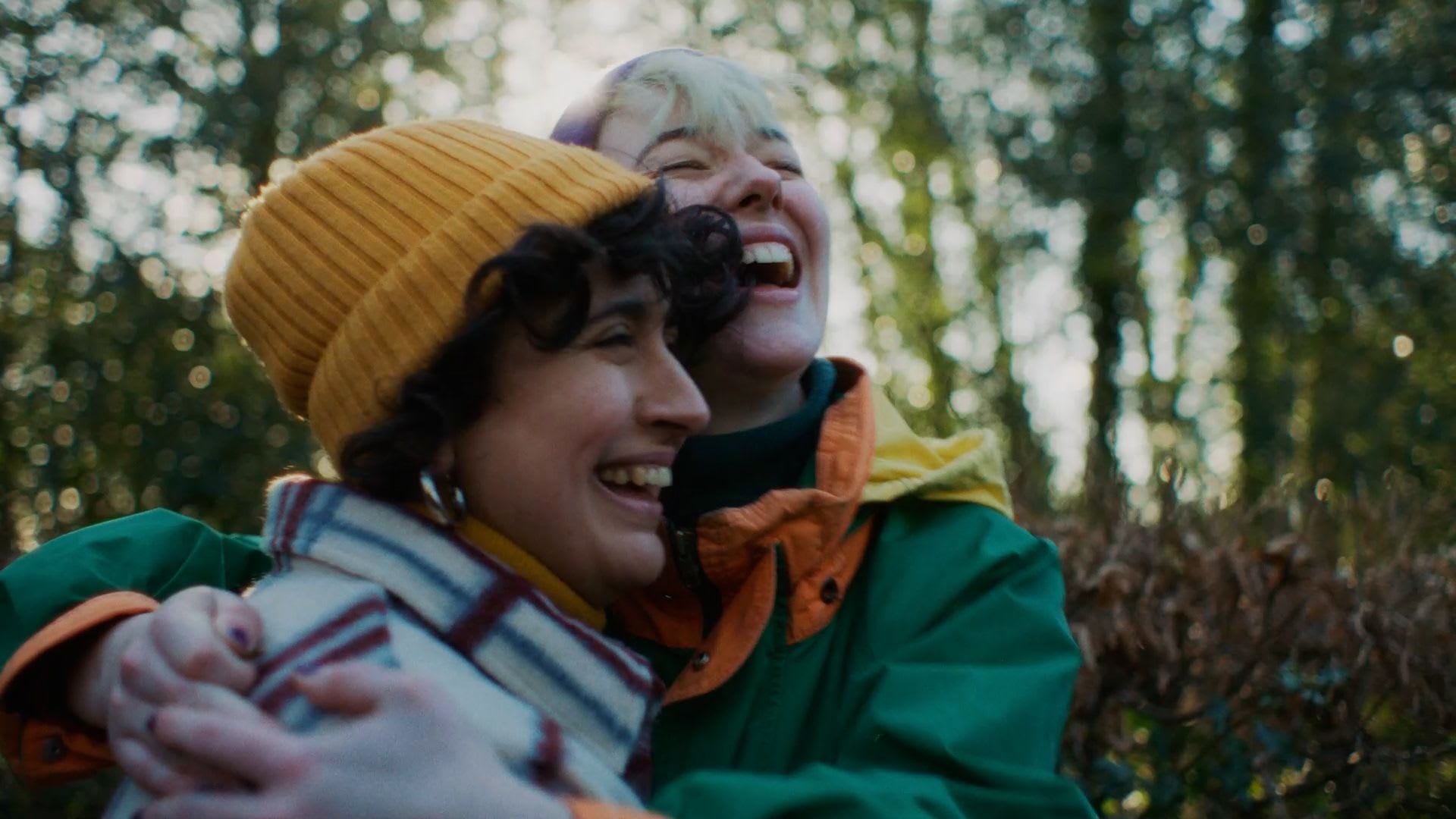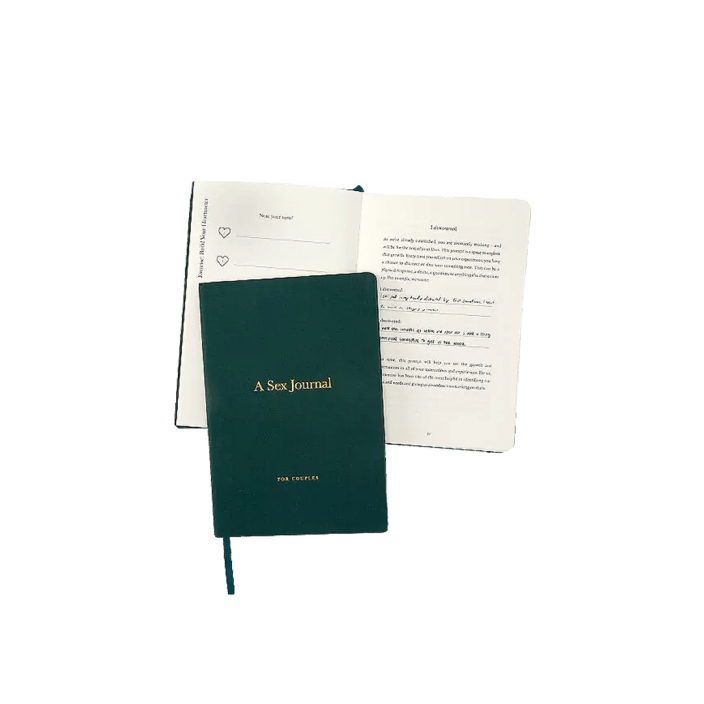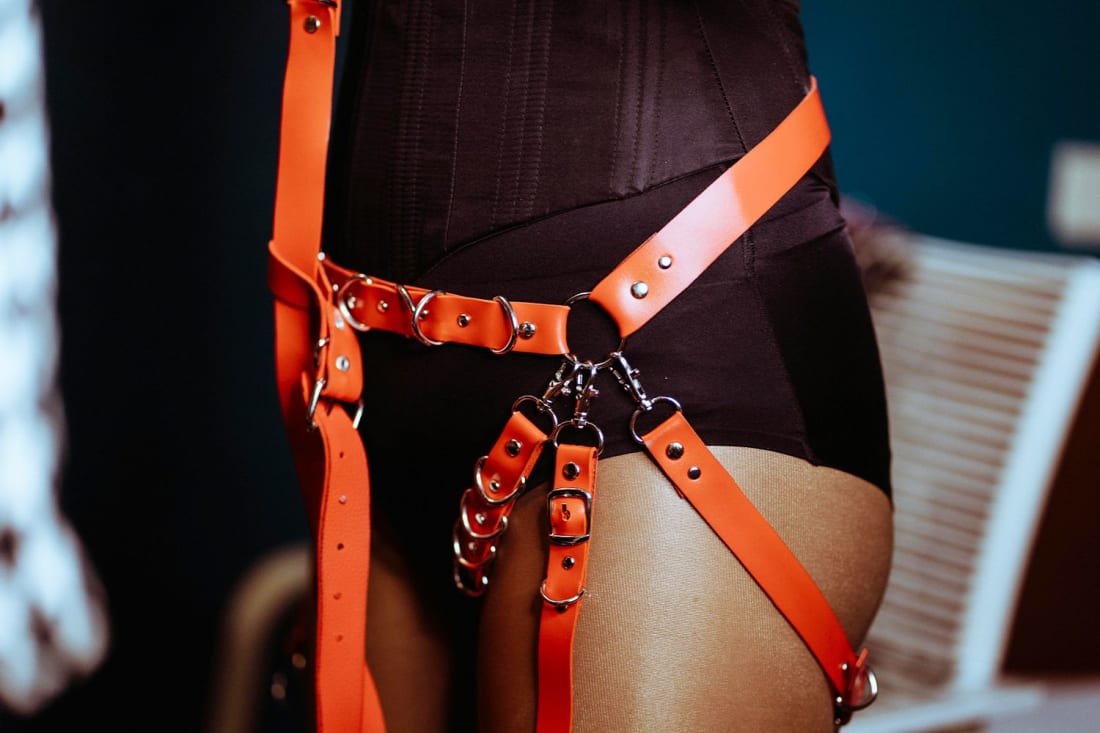Queer couples give breakup tips to straight people
Breakup status: it’s complicated
Breakup status: it’s complicated
“Should I stay friends with my ex?” It’s a dilemma that dominates forum sites like Quora, Yahoo! Answers and Reddit pages like r/relationships, r/teenagers, and r/AskReddit. In the jungle of advice columns which have sprouted up recently, people really want to know whether they should try to maintain a friendship with their former flame.
Relationships are all different and they end for all types of reasons. Sometimes, the best thing for one or both parties is to not be friends (and never speak again). People who stay friends with their exes aren’t “better at breakups”, necessarily, they’re just doing them in a different way. But although it’s definitely not superior, it seems like staying friends after a breakup is increasingly considered a desirable endpoint these days.
When it comes to staying pals with an ex, I’ve noticed a definite contrast between LGBTQ+ and heterosexual couples. I’m speaking generally here, but in my experience, queer couples are more likely to stay friends after a breakup. For straight people, this might be a newer concept. But in LGBTQ+ circles, it’s been an established norm for some time.

“My best friend is actually an ex,” gay sex and relationships writer Nick Levine tells Woo. The pair were together for a year, around 12 years ago, but now they live together platonically. Levine agrees that remaining friends with an ex is a queer norm. “As a gay person, if you find someone that you really connect with and you feel like they’re your kind of person, sometimes that can morph into something romantic, but sometimes not,” he explains. “When it does and then that ends, you don't really want to let that person go from your life.”
When author S. Bear Bergman wrote about LGBTQ+ couples-turned-friends in 2017, he noted that there had been a lack of research into why it might be more common in queer circles. He was critical of an 860-person Oakland University study for only featuring opposite-sex couples (in the year 2017, no-less). Still, the “chosen family” aspect came up often in his anecdotal research. “When we meet people that really get us, that are on our side? We'll do a lot more work to keep those people in our lives,” one woman told him, echoing Levine.
Over the years, the queer community has generally embraced different relationship types and structures more than straight people. (Again, I’m generalising, but think: polyamory, open relationships and fuck buddy-type arrangements). This norm is likely a response to being shut out of traditional institutions like marriage until relatively recently, plus the radical tradition in queer politics for seeking to dismantle such structures altogether, rather than seek inclusion within them. Whatever the reason, it doesn’t feel like a giant leap to theorise that a more open-minded attitude towards types of relationships could translate into a similar approach to breaking up. “If your relationship wasn’t ‘traditional’ in the linear, heteronormative sense, then when it ends, maybe there's no real need for the break up to be quite so final?” Levine says.
Rebecca Griffith, of the University of Kansas, conducted her own research into “post-dissolution friendships”. Thankfully, this time, same-sex couples were included. As predicted, Griffith’s study found that LGBTQ+ participants reported being more likely to be friends with their exes, compared to straight couples.
Across all identities, Griffith found four main reasons people have for being friends with an ex. “1) Civility (i.e., I want this breakup to hurt less than it will otherwise). 2) Reasons relating to unresolved romantic desires (I want to see other people but keep you within reach in case I change my mind). 3) Practicality (We work together/go to school together/share mutual friends, and thus we should stay on good terms to minimise drama). 4) Security (I trust you and want you to remain in my life as a confidant and supportive presence).” The last category, security, was the biggest motivator for LGBTQ+ couples-turned-friends.
Ben, 28, from London, tells me that he has had sex with most of his gay friends. “I’d say it’s about 60 percent, maybe more,” he says. “I supposed that would be less normal in ‘straight world’ – sleeping with most of your friends, or even having that many close friends you could feasibly fuck.” When it comes to exes, specifically, he tells me that he’d count two former boyfriends as friends. “With both of my exes, we were friends, then fuck buddies before we got together, so we already knew how to be friends,” he says.
This mixture of friendship, relationships and sex might seem chaotic to some. But Aimee, 31, stresses the importance of a clean break after a relationship ends. She is bisexual and, interestingly, she says she’s had much more success remaining friends with her former girlfriends than boyfriends. In her experience, she says, men are less able to cut off the sexual side post-breakup, which becomes messy. With her former girlfriends-turned-friends, Aimee puts it down to boundaries. “After a breakup, I’m a big believer in cutting off all contact for a while, especially if you want to be friends one day,” she says. “That way, after a bit of distance, you can build or rebuild the friendship part of it, without the other feelings getting in the way.”
It strikes me as pretty mature and emotionally intelligent for former couples to manage to navigate a way through all this and remain friends. Relationship psychotherapist Charisse Cooke tells Woo that the current generation has never been more “relationally” intelligent. “There’s an awareness and sensitivity to the emotions and experience of others, a social consciousness that makes for much more mature attitudes to intimate relationships,” she says. “Our view on relationships generally is adapting to modern society. Relationships needn’t have labels, conventions, or monogamous restrictions. As long as we are respecting each other as best we can, we are finding new and meaningful ways to live and love.”
Just to be clear: this isn’t to suggest queer couples are inherently more emotionally intelligent than straight couples, or that people who stay friends with exes are any moreso than those who don’t.
After all, there are structural reasons for the disparity between straight and queer couples after breakups. As long as there have been queer people, there have been LGBTQ+ friendship circles, but as Ashley Fetters wrote for The Atlantic, the platonic straight friendship is a relatively new invention by comparison.
When women were mostly confined to the home, Fetters writes, men and women were thought to have less in common. But gender equality means that, compared to 50 years ago, women are living lives that are much more similar to men’s and navigating the same physical spaces, such as workplaces and universities. “When a platonic friendship between a man and woman became a more realistic proposition in its own right, so did a platonic friendship between a man and woman who used to date,” she writes.
Now, there is a growing trend towards straight couples embracing the queer tradition of post-romantic friendships. Writing for Vogue last September, Gwyneth Paltrow argued that her cordial “conscious uncoupling” from musician Chris Martin “permeated” breakup culture. “Instead of people approaching me with, ‘Why did you say that?’, they now approach me with, ‘How do you do that?’”
Of course, there will be exceptions to the rule. Breakups, regardless of sexuality or gender identity, are all different. (Personally, I know several gay exes who are now moral enemies). But it still seems like people are becoming more open to different approaches to getting together and breaking up too.
Ultimately, this feels like a good thing. “If you can get over the heteronormative idea that a relationship has to look and operate in a particular way,” Levine says. “Then you realise that a breakup doesn't need to pan out in any particular way either. It can be liberating.”













